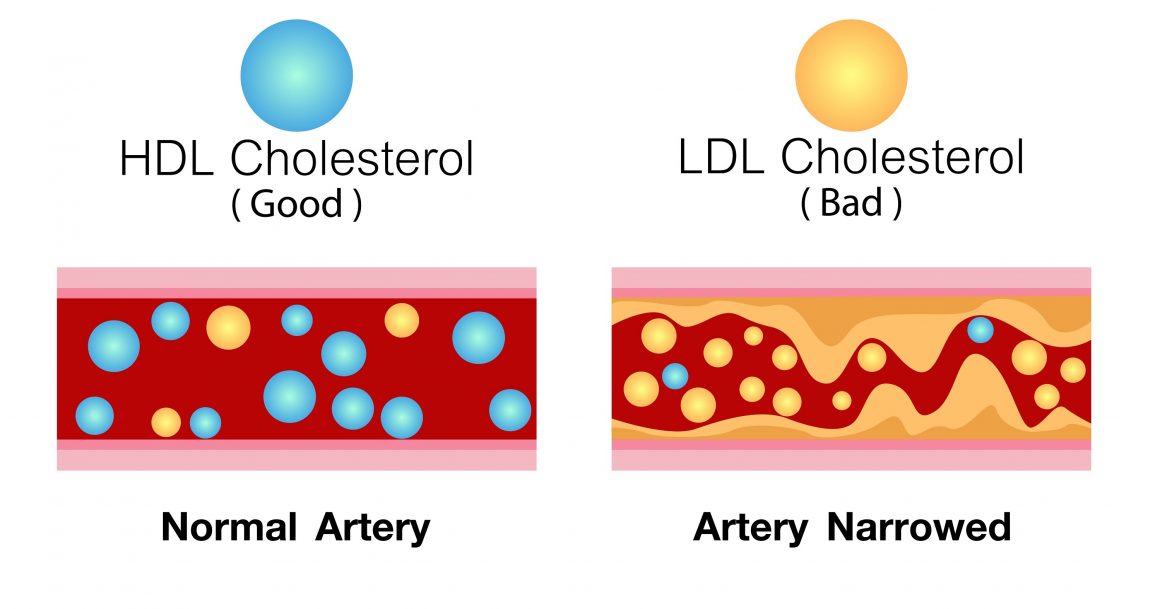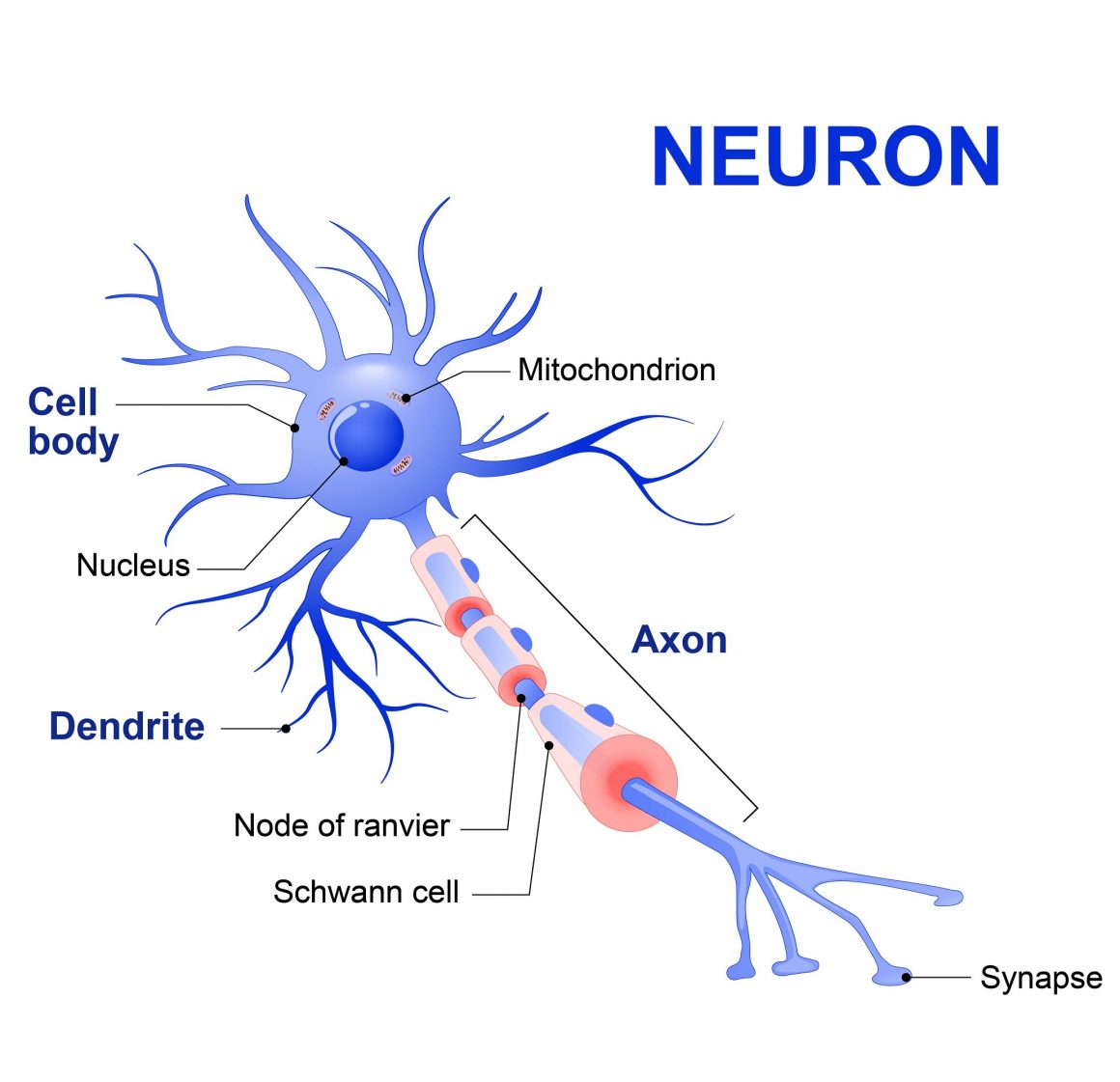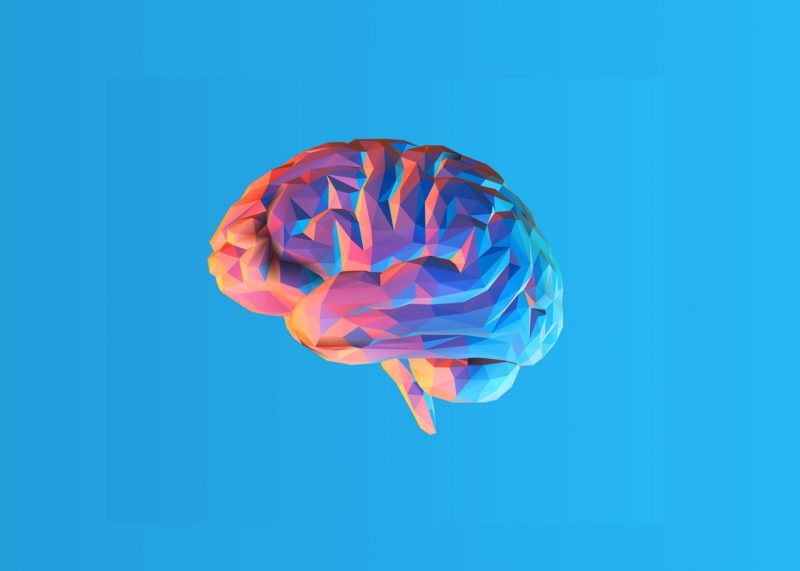Cholesterol’s impact on health is significant and is often recognized for its negative effects such as increasing risks for heart disease and stroke. But cholesterol isn’t all bad and is, in fact, an essential component in cell membranes and serves as a building block for sex and steroid hormones.
Excessive cholesterol, however, is where you get into dangerous areas for your health. Your liver will naturally produce 75% of the cholesterol your body requires, meaning you only need to get around 25% of it from food. For this reason, vegetarian diets have been praised, with those who adhere to it having much lower cholesterol levels than meat eating counterparts.
Low density lipoprotein (LDL) is sometimes referred to as “bad cholesterol,” excess levels of which can lead to the health issues people commonly associate with high cholesterol levels.

Other issues caused by high cholesterol may include numbness in the legs, chest or stomach pains, gallstones and pains related to the jaw.
High density lipoprotein (HDL) is the good cholesterol, responsible for moving excess cholesterol from the body and into the liver where it is removed.
Cholesterol in the Brain
Similar to the liver, the brain produces cholesterol for itself. In fact, the brain has the highest cholesterol content of any organ in the body. Most of the brain’s cholesterol exists in the axons of nerve cells, where it protects cells and facilitates quick transmission of the electrical impulses. This has a big impact on how thought, movement, and sensation are controlled.

The reason the brain creates its own cholesterol is that cholesterol in the blood does not cross the blood-brain barrier, meaning that brain cholesterol is used and recycled in the brain. There is one problem here, however. Some versions of cholesterol lowering drugs, commonly referred to as statins, can cross the blood brain barrier and therefore reduce the level of cholesterol in the brain.
Scientists are still learning about the role of cholesterol in the brain, as well as the drugs they use to manipulate it and how they affect memory, dementia and risk of stroke.
A study from the University of California, Davis’ Alzheimer’s Disease Research Center concluded that “higher levels of LDL cholesterol and lower levels of HDL cholesterol were both related to having more of amyloid plaques in the brain, a signature of people suffering from Alzheimer’s.
But as they learn more, researchers uncover trends that indicate previous findings are not always concrete.
Another study published in the journal Frontiers in Neurology noted that high LDL cholesterol, while almost certainly a bad thing to someone in their mid-50s, can actually be a good thing for those in their 80s, stating that “high level of LDL may be considered as a potential protective factor against cognitive decline.”
Cholesterol and Mood/Depression
In the 1960s, a drug named clofibrate was introduced to the market as an effective way to lower cholesterol levels. However, patients who took the drug experienced an increased risk of violent deaths due to accidents or suicide.
This problem made researchers curious about the role of cholesterol in the brain and has since spurred a number of studies on the matter, but the results are inconsistent, with too many variables based on population to consider at present.
